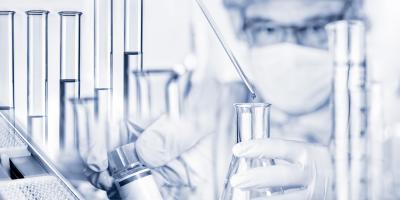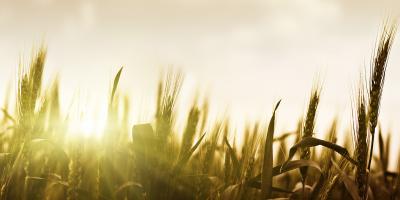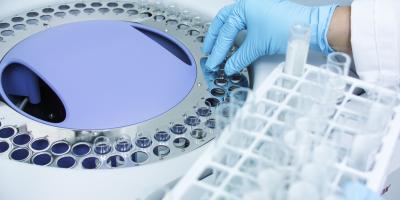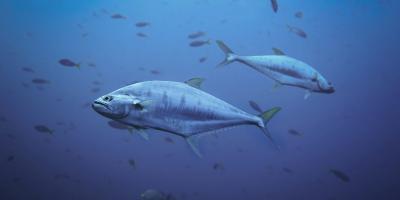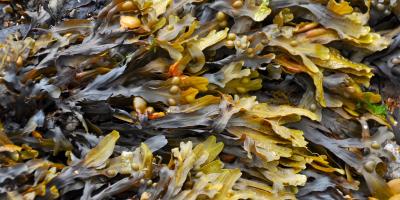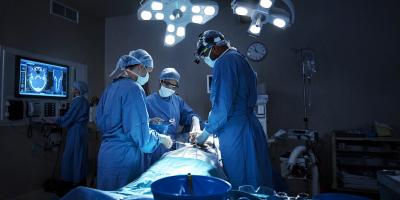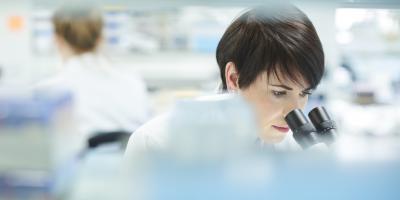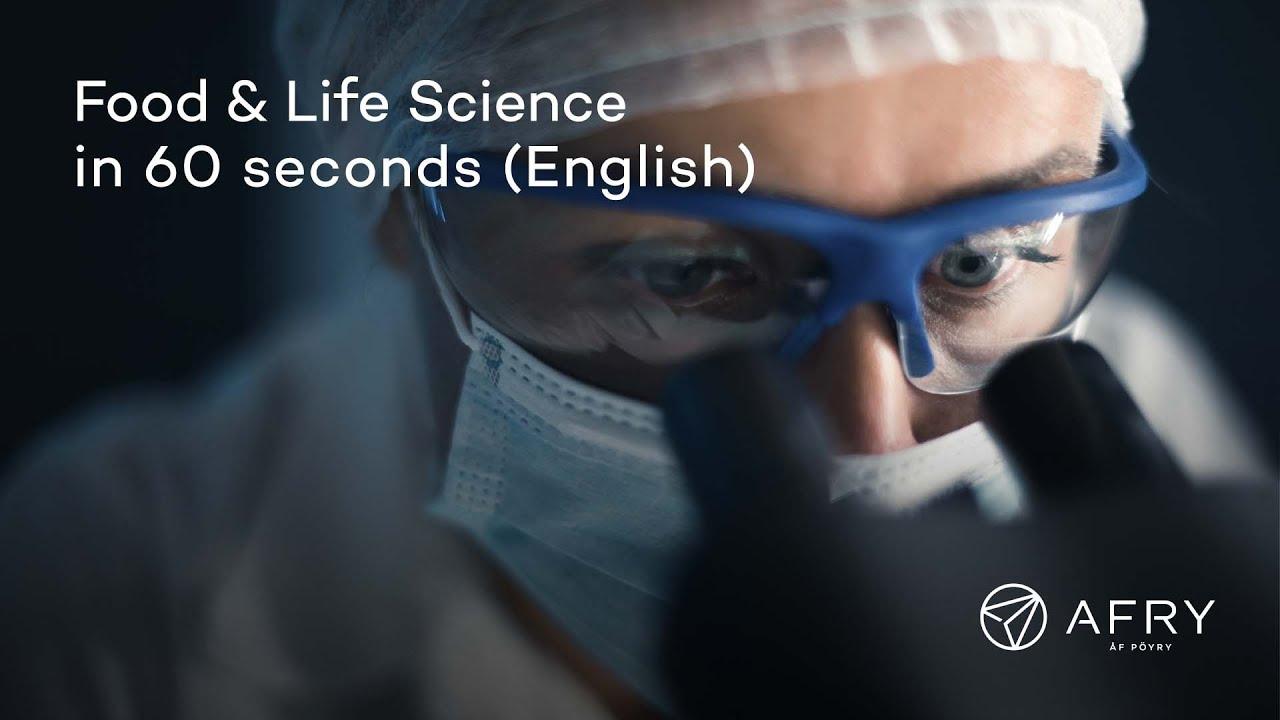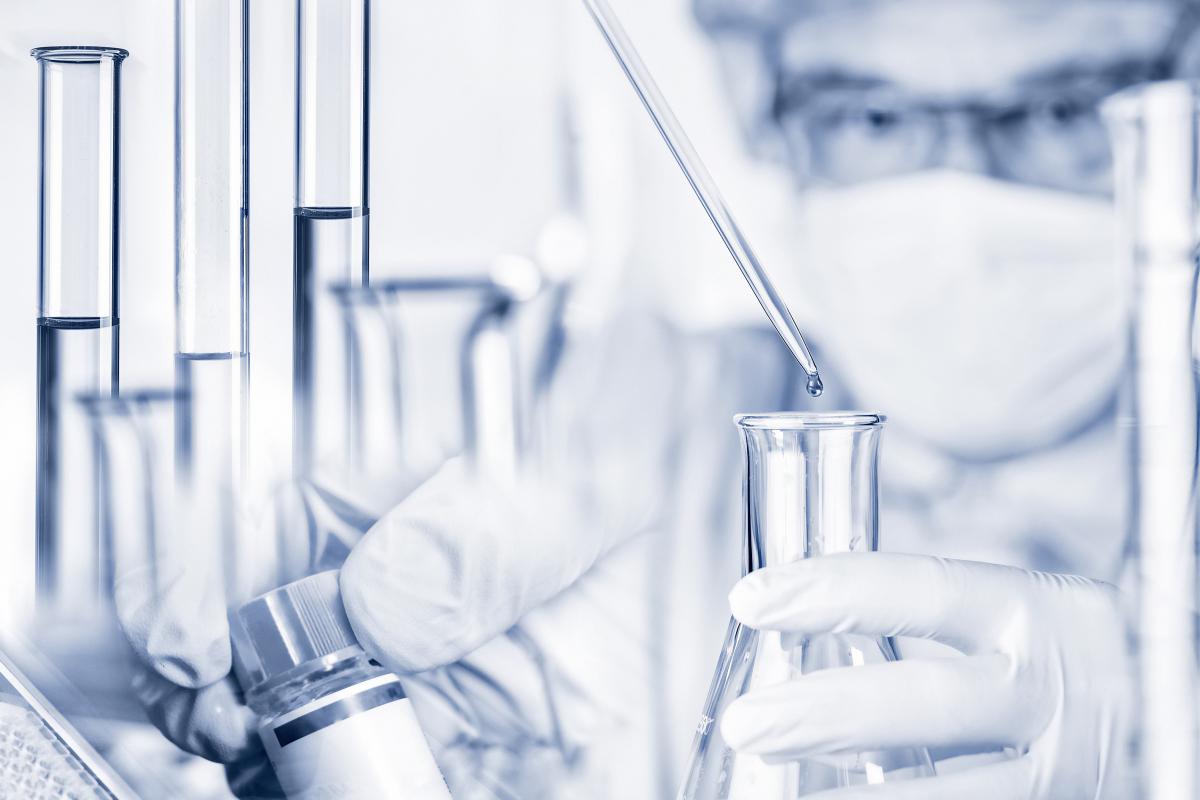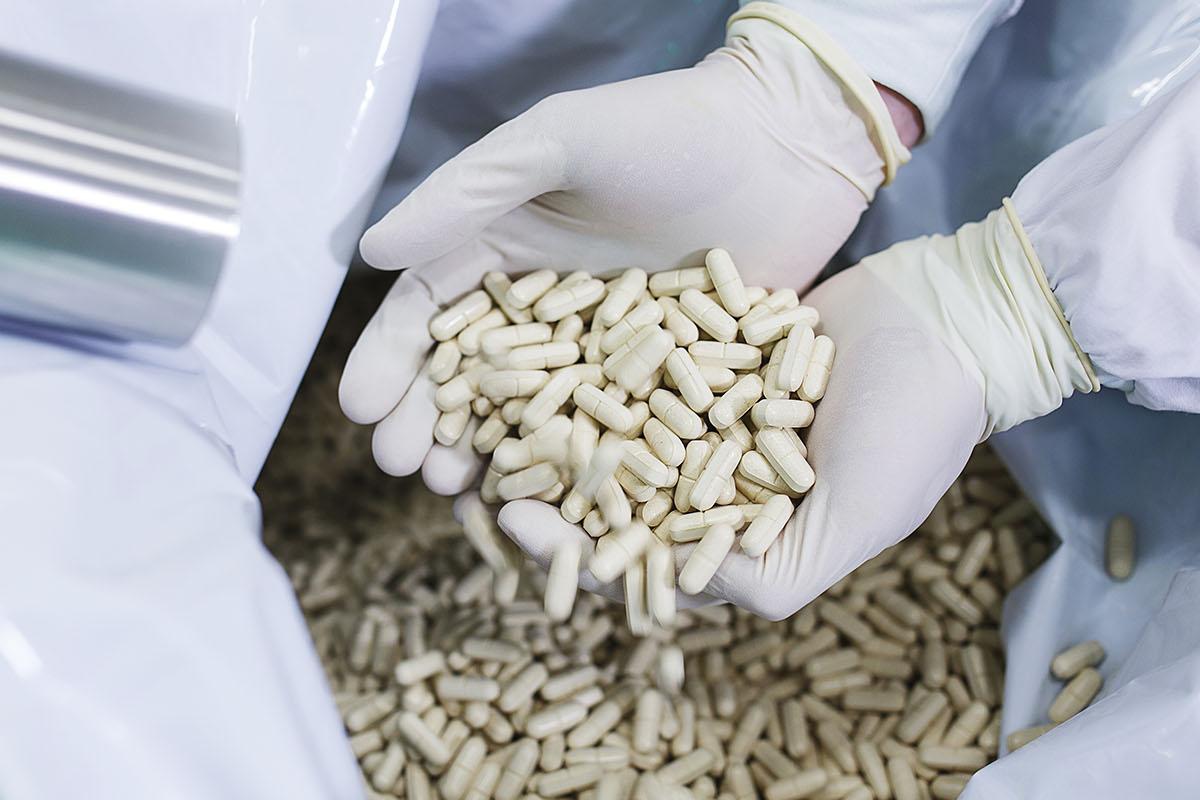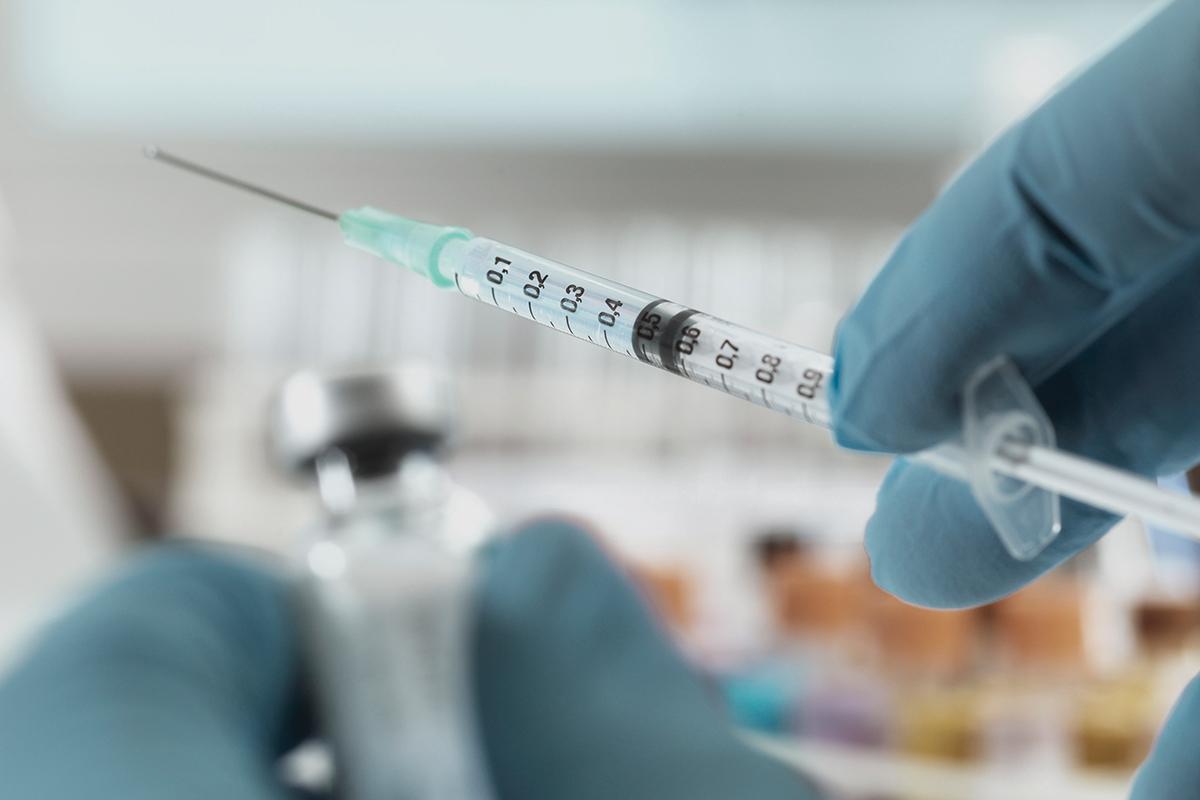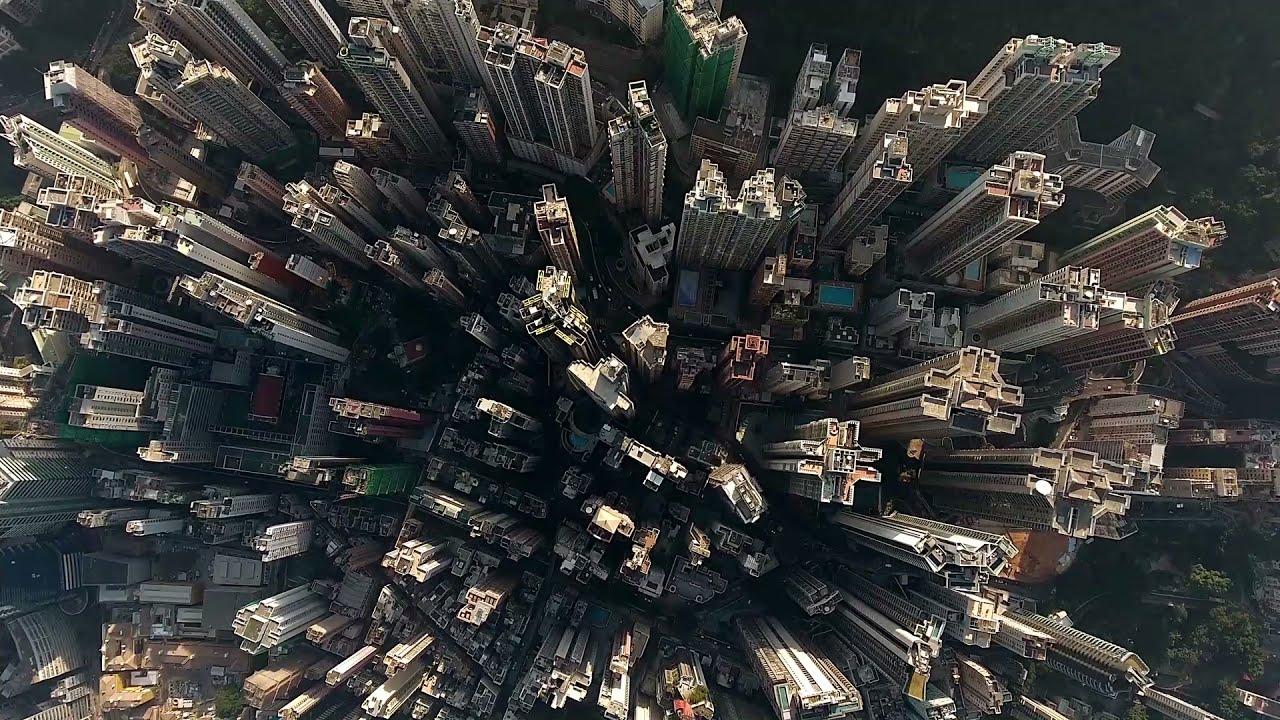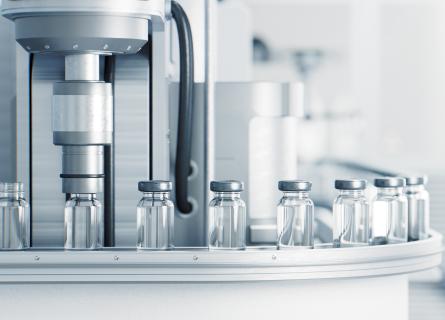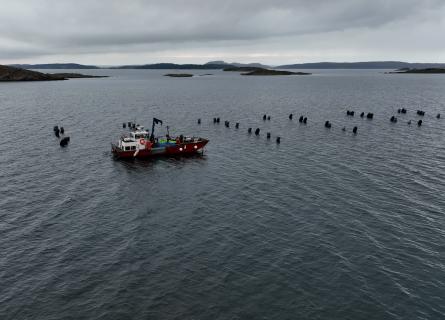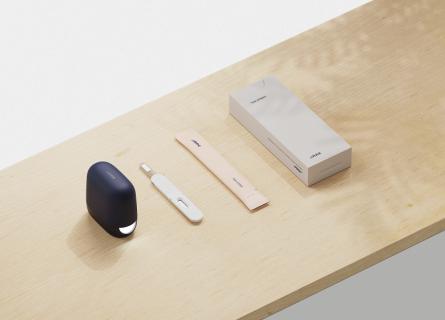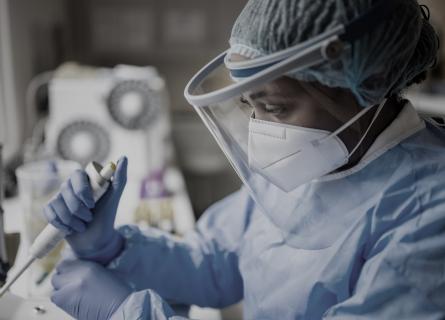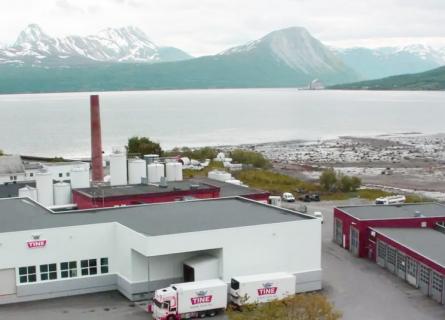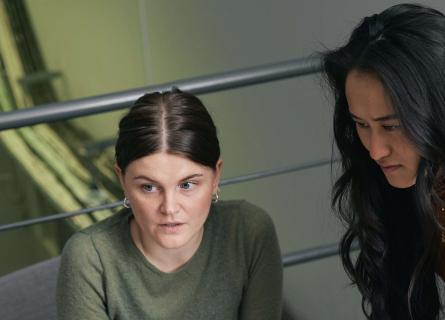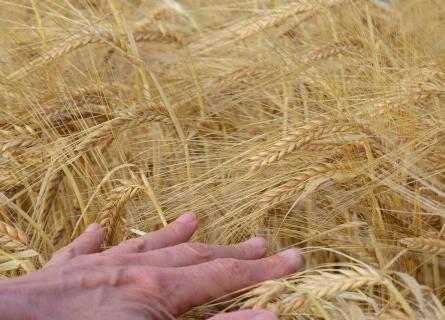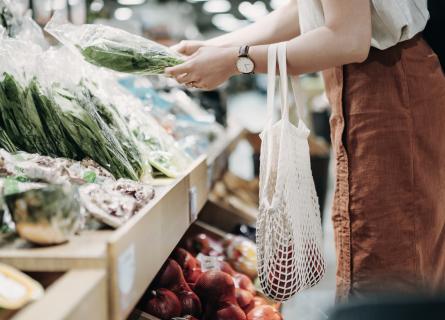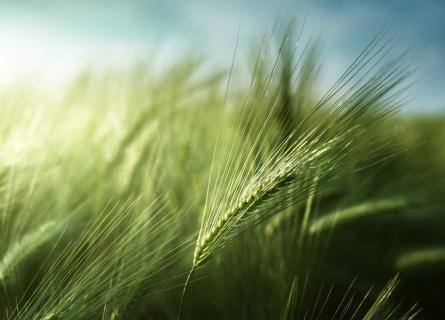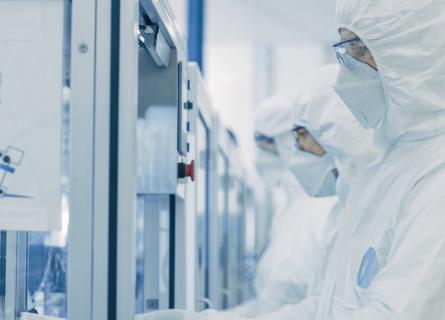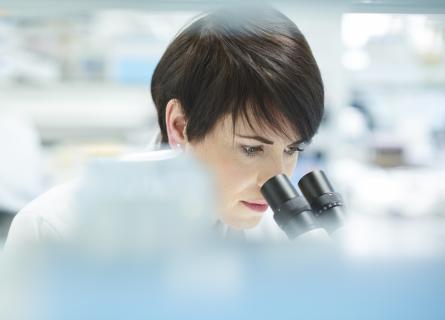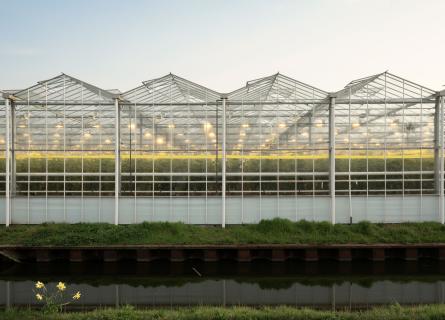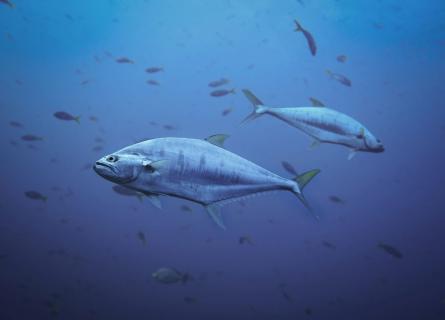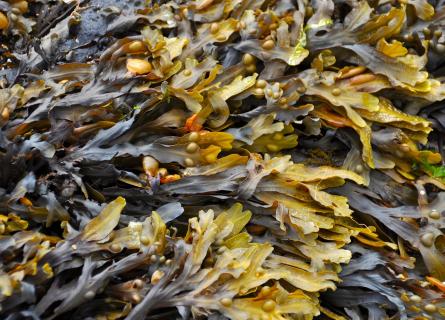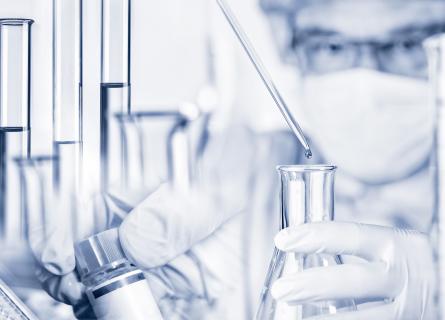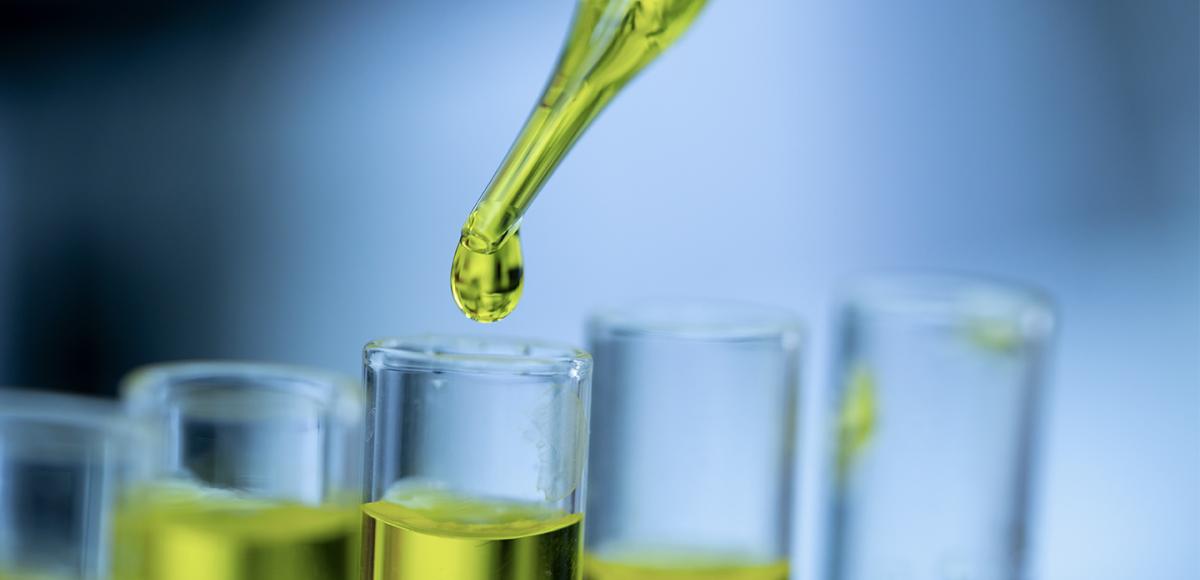
Food & Life Science
We accelerate the sustainable transition within Food & Life Science
The Food, Life Science and Pharmaceutical industries are all markets defined by high regulatory, quality and efficiency demands. At AFRY, we understand these requirements - delivering projects and services that help you increase productivity, secure product quality and reduce production costs.
The world’s population is increasing every year. Simultaneously, there are higher demands for sustainable solutions in order to reduce the impacts of climate change and improve the living standards around the world.
The UN's sustainable development goal (SDG) #3, Good Health and Well-Being, involves ensuring healthy lives and promoting well-being for all at all ages.
This calls for actions that minimise waste and expand production capacity in the pharma industry and production of the next generation’s food and medical devices. At AFRY, we are committed to work towards the SDGs as we ensure quality and meet current demands within the fields of Food & Life Science. We improve the quality of life.
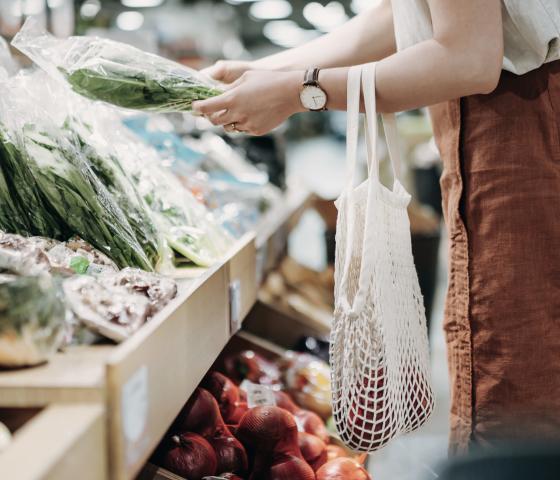

Digitalizing the food and life science sectors
“We are an independent and reliable partner for sustainable projects with flexibility regarding business models. We minimise waste and expand production capacity in the pharma industry. As an example, we have been a partner of Vistin Pharma for five years and we are currently working in a project with the purpose of doubling the capacity of diabetes medicine.
With IoT and cloud technology we assure that patient data is handled securely in the medical device industry. For a global player in diagnostics we have upgraded their products to be both IoT and GDPR compliant.
“And we support clients in producing the next generation’s food. One of our many partners in this field is Oatly, who we support with their ongoing establishment in Singapore - helping them take the next step in their global expansion.”
Jessica Stenberg, Head of Food & Pharma at AFRY
jessica.stenberg@afry.com
+46 10 505 80 38
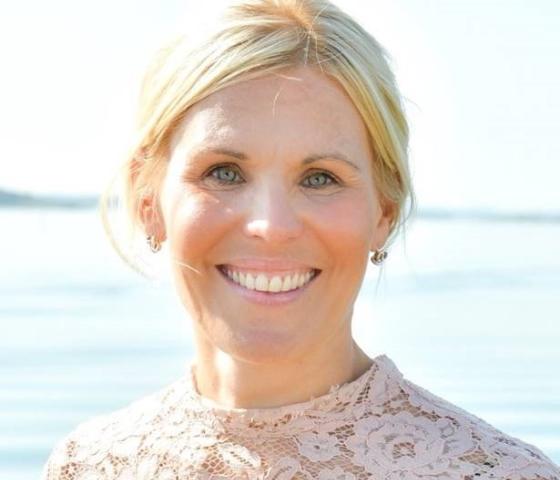
We accelerate the sustainable transition by improving the quality of life
We design and implement compliant, effective, safe, and environmentally friendly production lines and plants together with our clients. This often involves turn-key project or EPC (Engineering, Procurement and Construction) delivery of integrated process engineering, including the automation of production lines and plants within both food and pharmaceuticals.
We develop medical devices, and act as a partner to our clients’ R&D departments. This includes technology transfer for a variety of products, from therapeutic lasers and microwave systems to sterilisation systems and sterile disposable products.
Within the food industry, AFRY assists in developing safe, efficient and environmentally friendly upgrades and extensions of our client’s supply chain, focusing on safe and reliable project execution.
Our reference projects include everything from increasing the production capacity of medicines and vaccines according to Good Manufacturing Practice (GMP), to taking part in research projects to keep the fish safe and secure in the Baltic Sea.
Also, we are able to handle assignments from staff augmentation of a single engineer to large scale multi-disciplinary EPC project delivery. Our geographical reach is global, based on our Nordic stronghold and long traditions within Life Science and food assignments.
Food & Life Science at a glance
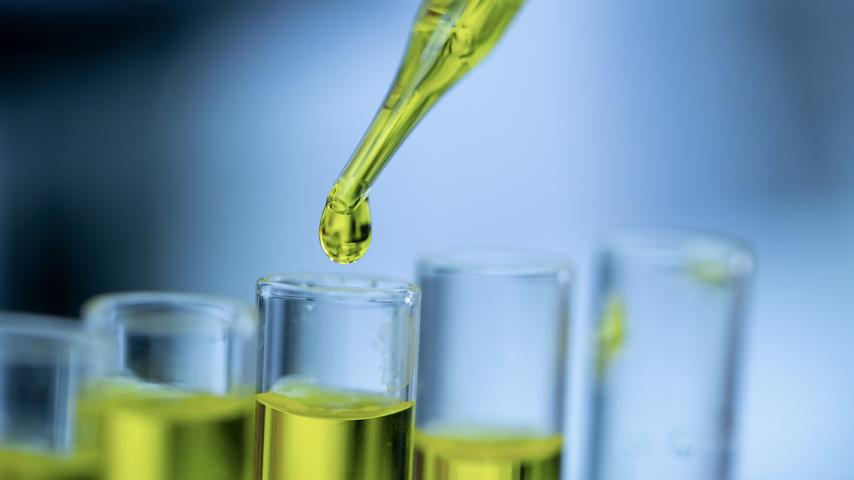
Frequently asked questions
- What will food in the future look like?
- How does AFRY support the transition to sustainable food production?
- What does AFRY do within MedTech?
- What is Life Science?
- Why is Life Science important?
In the future, we will most likely have to come up with new solutions in order to feed the entire world population while reducing the negative impacts on our planet and retaining nutrients in the soil. Some food scientists predict drastic changes in the foods we produce and consume, such as lab-grown meat, genetic engineering, eating insects or completely shifting towards a plant-based diet. Other examples of transitions taking place right now are reduction of energy use and greenhouse gas emissions from existing factories as well as efficient agriculture and recycling of waste in the food industry. It is hard to say exactly what type of food will be available in the future, but it requires deep knowledge, dedication and brave ideas.
At AFRY, we work a lot with circularity within production plants by following the life cycle of the entire production process. Through Food 4.0 and industrial digitalisation, we calculate energy use and environmental impacts in various food productions and our consulting services involve environment, health and safety regulations. We also support both new and established companies trying to take steps towards a more sustainable food production. In this field, we have employees with competences in every part of the process from the cultivation of crops to the food being transported to the grocery store.
AFRY has experience managing and conducting a variety of projects within medical techbology and has been a part of developing medical devices within clients’ Research & Development departments. This includes development for a variety of products, from therapeutic lasers and microwave systems to sterilisation systems and sterile disposable products.
Life science is the study of life and all living organisms. Different life sciences focus on different areas or on different organisms, for example humans and animals, plants or microorganisms (such as bacteria and viruses). One example of a Life Science is Biotechnology, which combines traditional biology and the study of ecosystems and conditions for life with technology. In another Life Science, Epidemiology, studies on diseases, illnesses and infection risks are conducted.
With the help of Life science, we can detect hazards in our ecosystems, risks of extinctions and potential health threats across the globe. But we can also study how we can behave in order to reduce the effects of these threats and make real changes in order to protect the planet we live on.
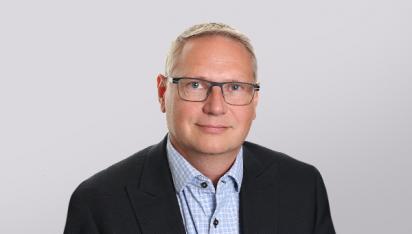
Interested in our offering? Contact us!
